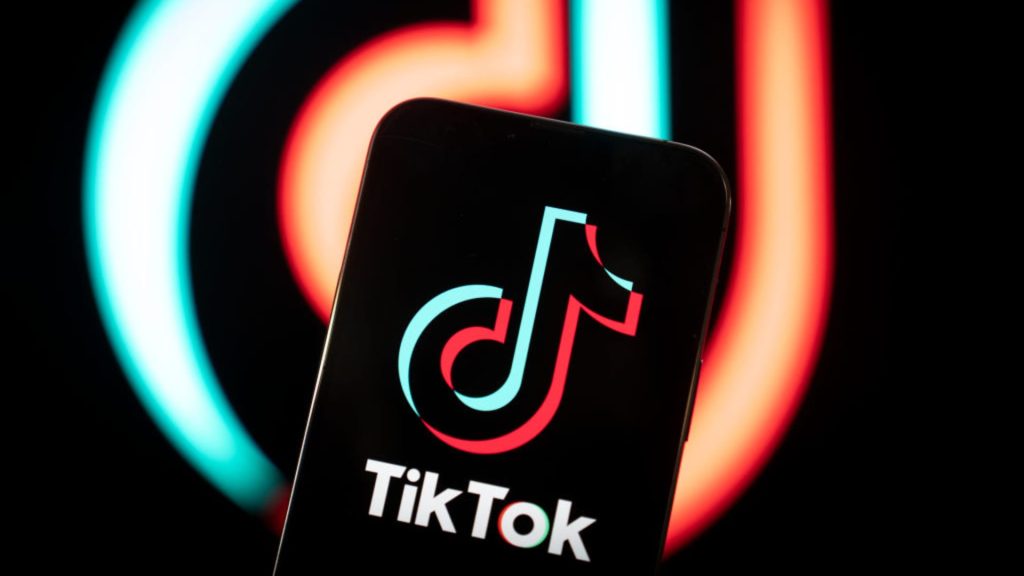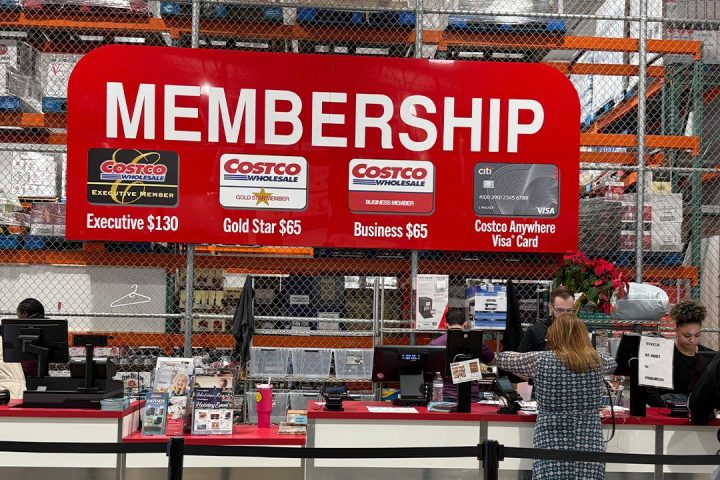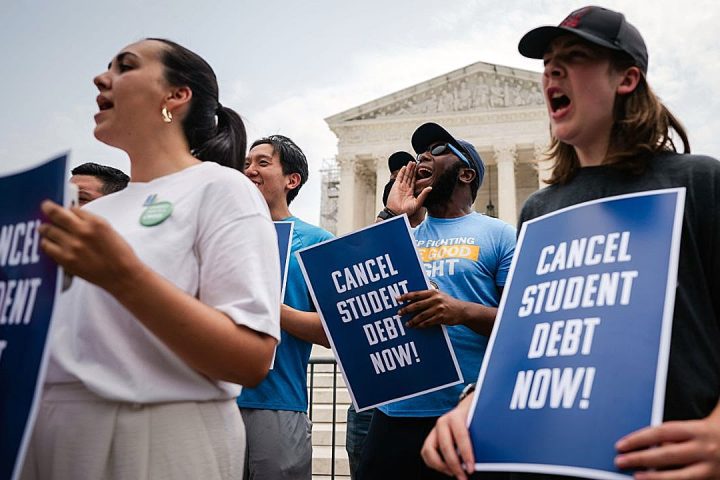The Consumer Financial Protection Bureau (CFPB) is finalizing a rule that limits how much consumers are charged in late fees.
The rule caps late fees to 25% of the required payment and ends the automatic inflation adjustment for these charges, according to the CFPB. Credit card companies can still charge late fees, but under the new provision, they must prove that their fees align with their collection costs.
The move reduces late fees from an average of $32 to $8 in most cases, resulting in an average annual savings of $220 for the more than 45 million people charged late fees. The change could save families $10 billion every year.
Congress initially banned exorbitant late fees in 2009 under the CARD Act. However, the Federal Reserve Board (FRB), the body responsible for putting the law into action, added an immunity provision that created a regulatory loophole that companies used to avoid scrutiny for charging these late fees, according to the CFPB.
“For over a decade, credit card giants have been exploiting a loophole to harvest billions of dollars in junk fees from American consumers,” CFPB Director Rohit Chopra said in a statement. “Today’s rule ends the era of big credit card companies hiding behind the excuse of inflation when they hike fees on borrowers and boost their own bottom lines.
If you are struggling to pay off debt, you could consider using a personal loan to consolidate your payments at a lower interest rate, saving you money each month. You can visit Credible to find your personalized interest rate without affecting your credit score.
SOCIAL SECURITY: COLA INCREASING BUT MEDICARE COSTS RISING TOO IN 2024
Existing credit card users penalized
The late fee changes could also have the unintended consequence of penalizing existing credit card users who pay their bills on time, according to the Consumer Bankers Association (CBA).
Most Americans who don’t make late payments would see no cost savings and could carry the brunt of increased costs arising from card issuers having to recoup that money in other ways.
“This final rule will benefit a small minority of frequent late-payers by offsetting the costs of their late payments by increasing costs amongst the 74% of cardholders that pay their bills on time,” CBA President and CEO Lindsey Johnson said in a statement. “The CFPB has openly conceded that the majority of cardholders will likely see their credit card interest rates increase and credit availability decrease.
“This will be particularly impactful for the nearly 50% of subprime card consumers who work hard and budget to successfully pay their bills on time – and will now have a harder time obtaining credit, managing their debt and growing their credit histories,” Johnson continued.
If you have high-interest debt, a personal loan could help you pay it off at a lower rate. Visit the Credible marketplace to compare multiple personal loan lenders at once and find the right option for you.
AMERICANS LIVING PAYCHECK TO PAYCHECK OWN 60% OF CREDIT CARD DEBT: SURVEY
Late credit card payments hurt credit scores
Another concern is that the rule could normalize being late on credit card payments, which would impact a consumer’s credit score in the long run.
Credit card balances hit a new benchmark in the fourth quarter of 2023, topping the $1 trillion mark for the first time, according to a recent TransUnion report. Balances increased by 13% over the previous year across all risk tiers, led by subprime, which grew 32% to $105 billion. Even as interest rates soared, the average balance grew to $6,360.
Dialing back late fees could disincentivize stretched consumers from meeting monthly payment obligations and potentially jeopardize their financial health, according to America’s Credit Unions President and CEO Jim Nussle.
“The CFPB’s misguided final rule on credit card late fees clearly demonstrates a misunderstanding on how credit cards work and potentially traps millions of consumers in a cycle of debt instead of fulfilling their intended purpose of protection,” Nussle said. “Credit unions work to empower their members’ financial decision making and clearly define their late fees. An $8 late fee, approximately the cost of a Big Mac and a large Coke, does nothing to protect the issuer and throws consumer accountability to the wayside.”
One way to reduce your monthly expenses is to pay off high-interest debt. You could consider using a personal loan to help you do so at a lower interest rate, saving you money each month. Credible can help you compare multiple lenders at once and choose the one that’s the best option for you.
SECURE 2.0: OPTIONAL PROVISIONS KICK IN TO HELP RETIREMENT SAVERS WITH EMERGENCIES AND STUDENT LOAN DEBT
Have a finance-related question, but don’t know who to ask? Email The Credible Money Expert at [email protected] and your question might be answered by Credible in our Money Expert column.
Read the full article here







